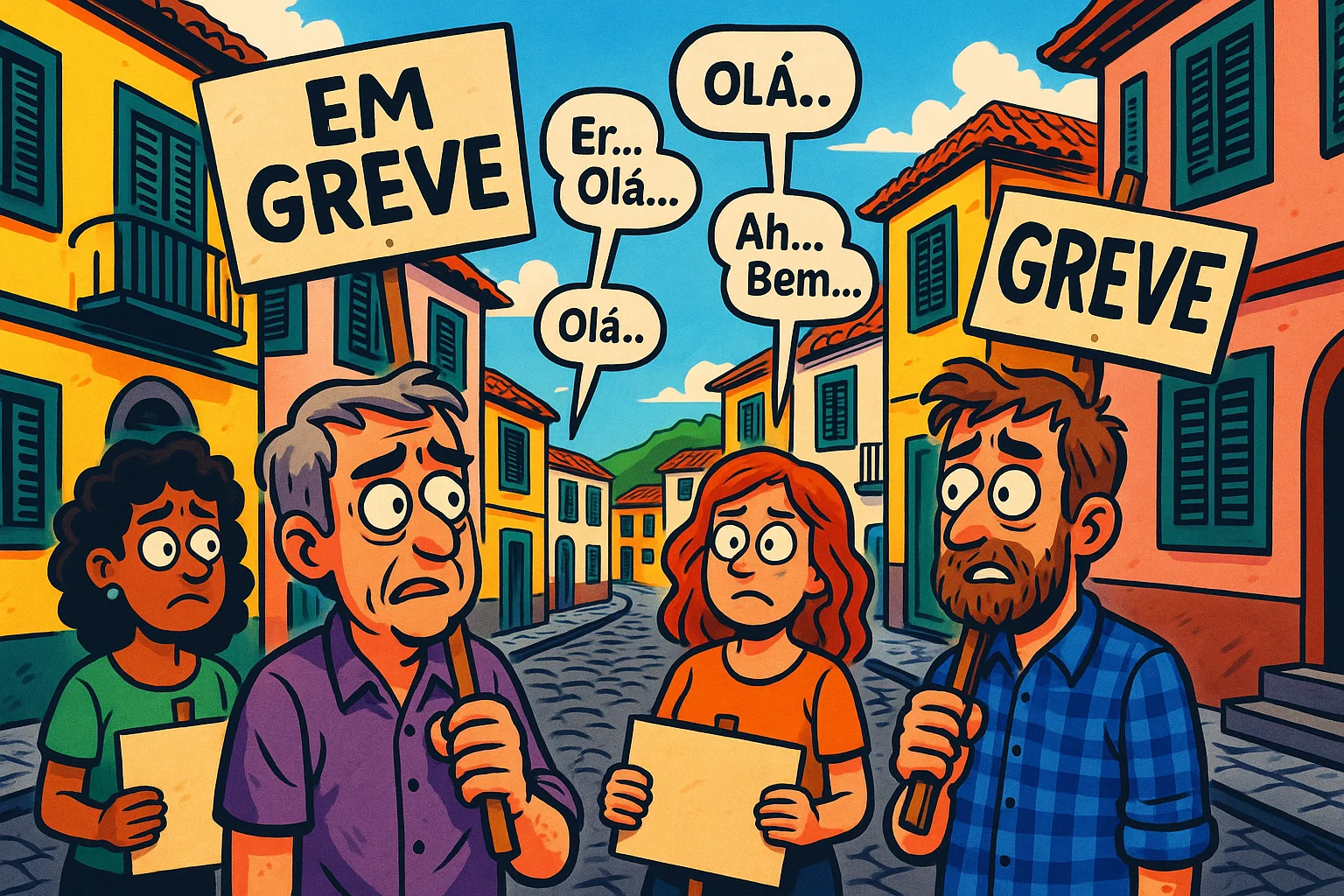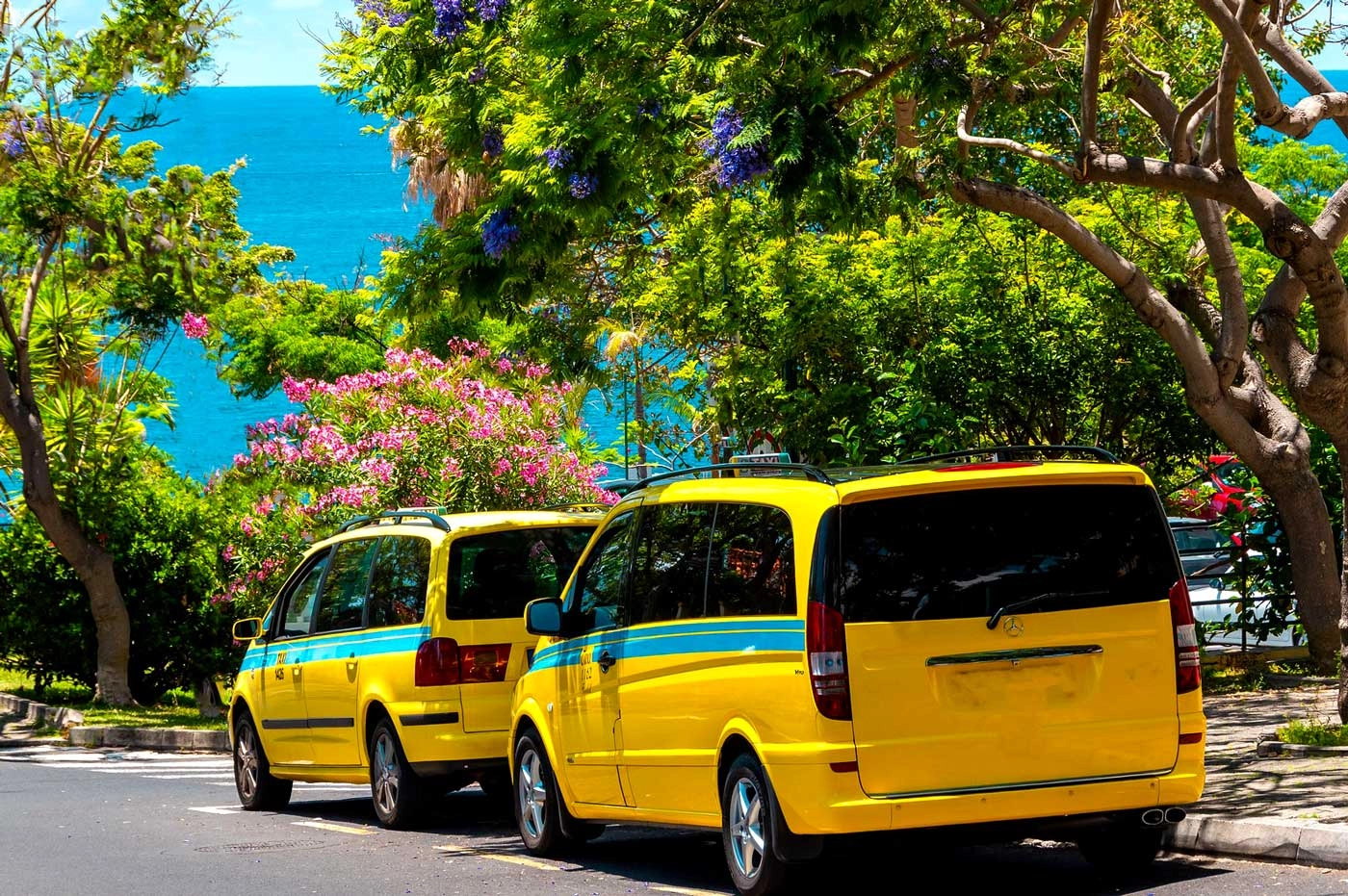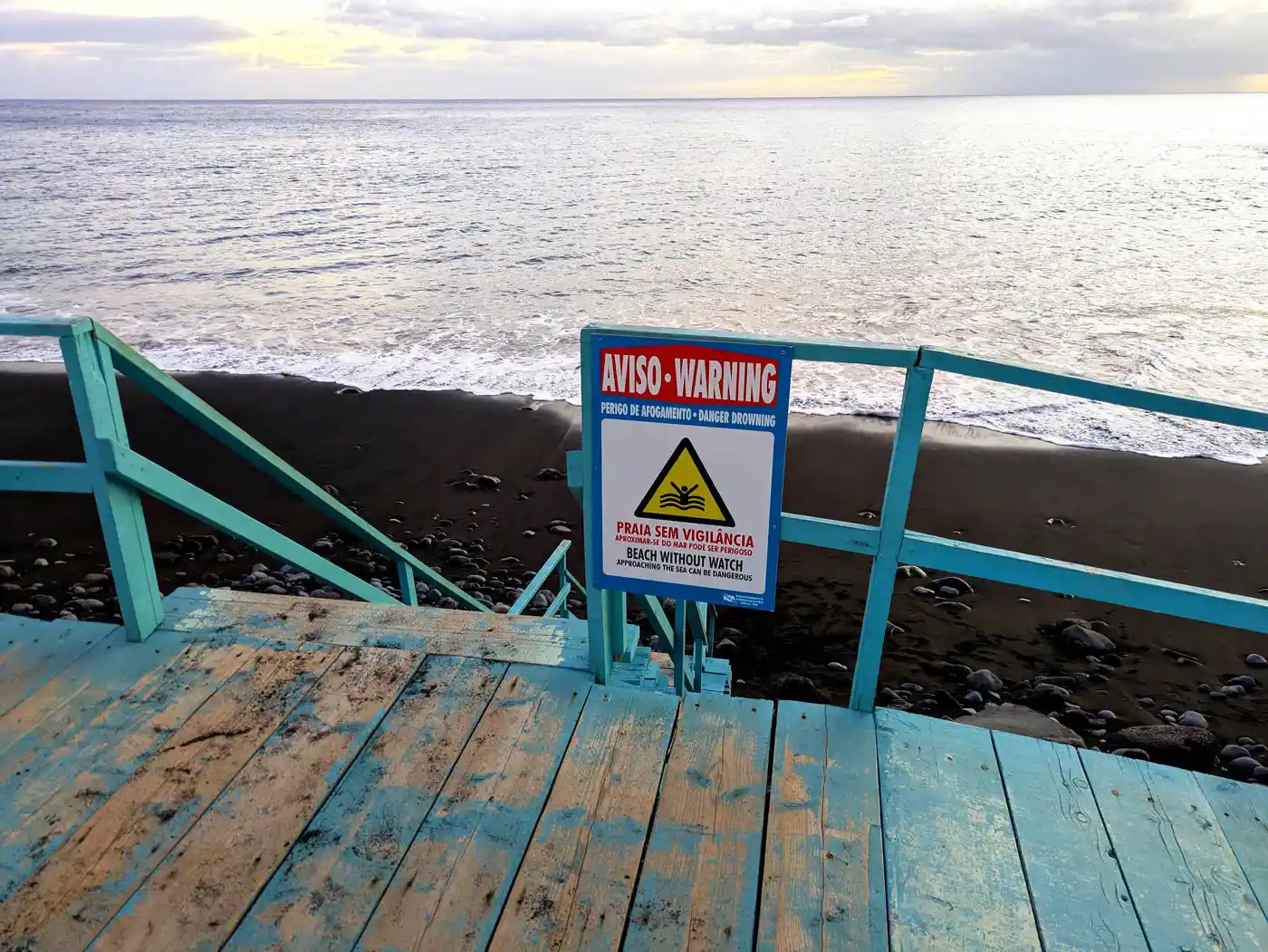Low Turnout at November 8 Protest Highlights Regional Reluctance to Demonstrate
A modest crowd gathered in Funchal on November 8, 2025, joining a nationwide day of protest against the government’s proposed Labor Package. Organized by the União dos Sindicatos da Madeira (USAM) as part of the CGTP-IN’s “Marcha Contra o Pacote Laboral.
Despite limited participation, union leaders emphasized the symbolic weight of the action. Alexandre Fernandes of USAM acknowledged that mobilizing large numbers in Madeira remains difficult:
In Madeira, there is a structural difficulty in participating in protests because "everyone knows everyone.
Alexandre Fernandes, JM-Madeira
What is The Labour Package (Pacote Laboral)
The “labour package” is a legislative proposal from the Portuguese government aimed at changing labour law, affecting both individual and collective workplace rights.
Key points of the Labour Package
Reducing protections: Currently, workers in Portugal have legal safeguards against unfair dismissal. The new rules would lower these safeguards, making it easier for employers to fire employees without needing a long legal process or strong justification.
Expanding temporary contracts: Employers would be allowed to hire more workers on fixed-term contracts instead of permanent ones. This gives companies flexibility but makes job security weaker for employees, who could face frequent contract renewals or sudden unemployment.
Outsourcing: Companies could contract external providers or agencies for tasks that used to be done by regular employees. While this can reduce costs for employers, workers may lose benefits, protections, or continuity of employment.
Deregulating working hours: The government would allow more flexibility in how and when employees work, with fewer strict limits on daily or weekly hours. This can mean longer or irregular schedules.
Expanding “bank of hours”: A “bank of hours” lets employees work extra hours in one period and take time off later. Expanding it (for individuals or groups) means employers can require more overtime up front, and the time off might be delayed or less predictable.
Weakening collective bargaining, the right to strike, trade-union freedoms, and worker representation.
Reducing rights related to parental leave, flexible working hours for parents, and protections for pregnant or breastfeeding workers.
Unions and opposition parties indeed view the Labour Package as a major rollback of workers' rights, describing it as a direct attack on labor protections. The government defends the reform as a necessary modernization of labor laws to increase economic competitiveness and flexibility for companies.
“All Forms of Struggle Are Open,” Says Union Leader After Funchal March
Speaking after the demonstration, Fernandes confirmed that unions are ready to intensify their actions if the government continues to push forward the labor reform without negotiation. “All forms of struggle are open,” he stated, mentioning possible demonstrations, public marches, and strikes.
The government has already shown that it has no will to negotiate. The fight will continue, and today’s event in Lisbon shows that workers across the country are united in this cause
Alexandre Fernandes, JM-Madeira
His comments underline growing frustration among labor representatives who feel excluded from social dialogue.
National Labor Day of Protest Mobilizes Regions Across Portugal
The Madeira protest took place in parallel with demonstrations in Lisbon and other Portuguese cities. The CGTP-IN coordinated the nationwide movement to oppose the proposed changes to labor law, which unions argue would weaken job security and limit collective bargaining rights.
Source: JM-Madeira






Comments